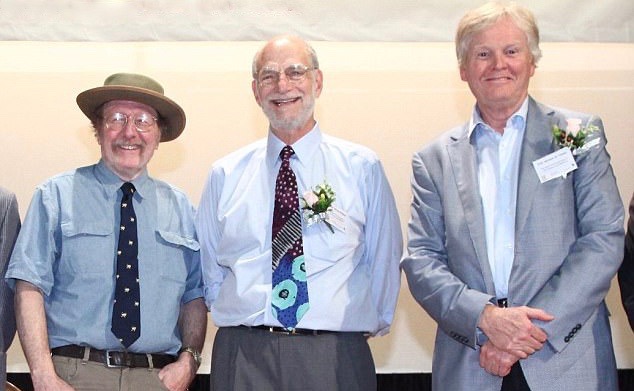Validation ... at last.
This year's Nobel Prize for Medicine was awarded to three American chronobiologists for their research on one of the genes that regulates the internal biological clock. The prestigious award will bring attention to how the human internal clock controls our circadian rhythms and therefore our sleep, and how some sleep disorders are physiological - not psychological - problems.
Drs. Jeffrey Hall, Michael Rosbash and Michael Young isolated the period gene, a regulator of the internal clock, in Drosophila (fruit flies). This led to the identification of the period gene in humans by other researchers. The period gene, which produces a protein called 'PER,' accumulates during the night and breaks down during the day.
Renowned chronobiologist Dr. Russell Foster describes the scientific trio as "the people who gave us our first working model of how the molecular clock might tick."
"Their discoveries explain how plants, animals and humans adapt their biological rhythm so that it is synchronized with the Earth's revolutions," the Noble Prize committee announced.
This is of particular interest to me as I've long felt that my sleep "disorder" is the result of my biological rhythms being out of sync with societal norms. Through actigraphy, hormone testing and sleep studies, I know that I have physiological differences from typical sleepers.
In 2012, Hall, Rosbash and Young were recognized with the Canada Gairdner International Award for pioneering science’s understanding of circadian rhythms. Dr. Young said in this interview at the time: "The medical relevance of these findings has become apparent as it was found that changes in clock genes are associated with a series of sleep disorders in humans.”


